Today we’re going to talk about why you likely want to text your ex so badly.
And in my opinion it really boils down to two things, anxiety and cortisol. Basically our internal polls have shown us that most of our clients have anxious attachment styles. This makes them more prone to cortisol, the stress hormone. They text their ex to alleviate the immediate feelings of anxiety and distress.
But really the question we need to explore is figuring out if it’s actually healthy.
So, in this article I’m going to cover.
- The role anxious attachment styles plays in you wanting to text your ex so badly
- The role cortisol plays
- Explaining why it’s not a good idea to text your ex in this anxious state
- Why you may be caught in a cycle of codependency
- Showing you how texting your ex SHOULD go down
Alright, let’s begin!

What Are Your Chances of Getting Your Ex Boyfriend Back?
Take the quizThe Anxious Attachment Style Argument
Over the past 10 years, we’ve conducted quite a few studies on the attachment styles of our clients, who are typically people who want their exes back, and our clients’ exes, who are typically people who don’t want their exes back.
We found that most of our clients tend to have anxious attachment styles. I’m going to attach a poll that we conducted a few years ago to prove this point.
Now, what you need to understand about someone with an anxious attachment style is that everything that triggers them usually revolves around a fear of abandonment.
And when dealing with a breakup, their worst fear has just come true.
This is why you often see these incredible overreactions from people with anxious attachment styles after a breakup; because for them, the worst-case scenario has just unfolded.
Here’s a fun little example of that,
However, that doesn’t necessarily mean all the negative qualities associated with someone with anxiety are bad.
In fact, I was recently interviewing Tati Garcia, an counselor for people with high functioning anxiety and she argued that anxiety can often be a good and healthy thing.
Generally speaking, with attachment style, though, it’s not.
To prove the point that it can be healthy, people with anxious attachment styles, in my opinion, are incredibly good problem solvers. But from a breakup perspective, this works against them because they often overcorrect by:
- Constantly reaching out to their ex
- Begging for their ex back
- Doing everything they can to fix the problem.
For them, the problem is that they’ve been abandoned by this person.
They will do everything in their power to fix it.
The Cortisol Argument
So, if you look at cortisol and its function during a breakup, it has a really fascinating dynamic with breakups.
This graphic is one that I put together to show you what the neurochemicals in your body are doing at the beginning of a relationship.

What Are Your Chances of Getting Your Ex Boyfriend Back?
Take the quizThis graphic, on the other hand, displays what the neurochemicals are doing in the middle of the relationship.
What you’ll tend to find is that during the honeymoon period, chemicals like oxytocin and serotonin tend to be quite elevated. But over time, they return to the mean. They regress a bit to their usual levels.
Now, here’s what the chemicals look like after a breakup.
You’ll notice that cortisol shoots way up.
Cortisol is also known as the stress hormone.
And I would argue that because cortisol is so high, it makes you more prone to:
- Succumbing to your anxiety
- Reaching out to your ex
- Texting them
- Trying to mend things.
And I think, in today’s age, it’s even more challenging because of social media.
We are all interconnected. You can see what your ex is doing, even after they’ve rejected you. If your ex rejects you and then you spot them on a date the following week, you become overwhelmed and your cortisol spikes.
There are so many such triggers.
The situation is exacerbated by social media platforms and their algorithms designed to boost engagement.
From a social media site’s perspective, their main aim is to draw you in and keep you engaged. If they detect you checking your ex’s profile, they will begin pushing posts and updates from your ex your way, which keeps your cortisol elevated.
I’m pretty sure that’s what the social dilemma is all about,
The real problem arises when considering how long it takes for cortisol to stabilize.
Generally, if something in your life causes a spike in your cortisol, it takes about three to four hours for it to decline.
I had a clear example of this just yesterday. I woke up early, planning for a long workout, but was told that our household TV, which my wife and daughter use, was showing a pink hue. I found it strange. The more I tried to rectify it, the clearer it became that this pricey TV I cherished was malfunctioning. I devoted an hour to fixing it.
I was stressed, my cortisol rose, and I grew agitated. It took about three or four hours after acknowledging the need for a new TV for me to regain my composure.
But if you’re perpetually in a state where your cortisol remains elevated, that three to four-hour recovery window lengthens, and it could take up to six months to return to baseline. This explains why so many struggle to move past breakups. It also elucidates why, if you’re trapped in this adverse feedback loop with your ex, you’d feel so compelled to text them.
But the discussion becomes even more intriguing from here.
Why It’s Not A Good Idea To Text Your Ex In This Highly Anxious State
You have to understand that typically at Ex Boyfriend Recovery, we’re dealing with individuals who ardently want their exes back.

What Are Your Chances of Getting Your Ex Boyfriend Back?
Take the quizWe’ve found that probably the best approach to achieve this is by creating an environment where your ex believes you have moved on.
To delve into the science: as mentioned, most of our clients have anxious attachment styles, whereas most of their exes have avoidant attachment styles.
Poll on exes:
This is crucial because people with avoidant attachment styles usually won’t allow themselves to miss you unless they believe you’ve moved on. Many of our clients are surprised when we advise them that the most vital step is to outgrow their ex and begin moving on.
I talk about this concept a lot here,
This tactic reduces the defenses of someone with an avoidant attachment style, allowing them to reminisce about the positive times.
However, incessant texting and seeking reassurance from your ex plays into your anxiety. Apart from necessary communications—like discussions about shared children or joint financial commitments—it hinders the process of outgrowing your ex.
It signals to them that you’re still heavily invested, reinforcing their belief in your attachment.
This can lead to more arguments and even begging.
More crucially, it establishes a precedent for unhealthy communication. If you perpetuate a pattern of communicating during distress, it can set a tone for poor communication in any future relationship.
Coupled with anxiety and cortisol, it forms a negative feedback loop, so every interaction with your ex reinforces their negative associations with you. Over time, they might even dread seeing your name pop up on their phone. This cycle stems from an inability to take a step back and give them space.
Furthermore, it can instigate a cycle of dependency.
The Co-Dependency Issue
We’ve observed that many of our clients tend to be codependent in their relationships.
Our primary goal is to guide them towards understanding that their world should center around themselves.
I often employ the analogy of planets to a sun. Many times, you act like a planet orbiting your ex’s sun.
What we aim for is to convert you from a mere planet to a sun, the center of your own solar system, attracting others to your orbit, including your ex.
This might sound like an odd analogy, but it encapsulates the essence of our approach.
Being perpetually codependent, or always acting like a planet orbiting someone else’s sun, can:
- Erode your identity and self-esteem.
- It imposes emotional burdens
- Encourages poor boundary-setting
- Brews resentment
- Hampers intimacy
- Resists change
- Might even expose you to emotional abuse.
- You can stymie personal growth
- Isolate yourself from friends and loved ones
- Perpetuate harmful behaviors.
Much of our work focuses on extracting individuals from this harmful loop and ushering them into a healthier one. However, this doesn’t mean you should never text your ex. It’s more about discerning the right timing for it, which is what many overlook.

What Are Your Chances of Getting Your Ex Boyfriend Back?
Take the quizWhen Should You Text Your Ex?
So, when should you text your ex?
That question is answered by this graphic right here, known as our value ladder.
I’ve discussed it extensively, but for those unfamiliar with the value ladder, it’s a concept I promote.
It outlines how to effectively re-approach your ex:
- Begin with a no contact period
- Then initiate texting to build value.
- Once sufficient value has been cultivated in the texting phase, proceed to phone calls
- And continue this pattern until the conversation is so positive that either you or your ex feels comfortable broaching the topic of reconciliation.
According to the graphic, the texting phase follows a no contact rule.
This rule, lasting between 21 and 45 days, mandates zero communication with your ex—think of it as a timeout.
What sets my approach apart from others is that many emphasize the no contact rule’s potential to make your ex miss you.
Although this can happen, polls suggest it’s uncommon.
Solely relying on the no contact rule rarely results in your ex missing you or reaching out. Instead, the crux of the no contact period should be personal growth, surpassing your previous self to foster an environment where your ex might genuinely miss you.
This involves the Trinity concept: dividing one’s life into:
- Health
- Wealth
- Relationships
And then enhancing each sector. To clarify, the focus on relationships pertains to those outside of your ex.
Perhaps the most impactful idea I’ve introduced is the concept of the magnum opus.
I encourage individuals to find purpose beyond their exes.
This often involves identifying something or someone they’re as passionate about as their former partner. Many wonder how to discern this passion.
The answer lies in locating an activity or purpose that benefits all three components of the Trinity: something that promotes physical or emotional health, offers potential wealth or value, and fosters new relationships.
Successfully integrating such an element into your life ensures a fruitful no contact period, after which texting your ex becomes appropriate.
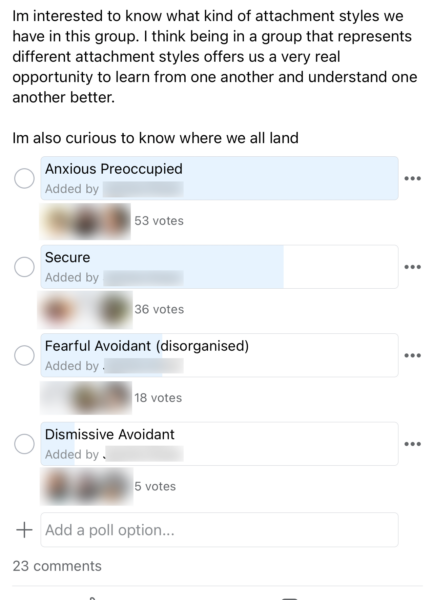
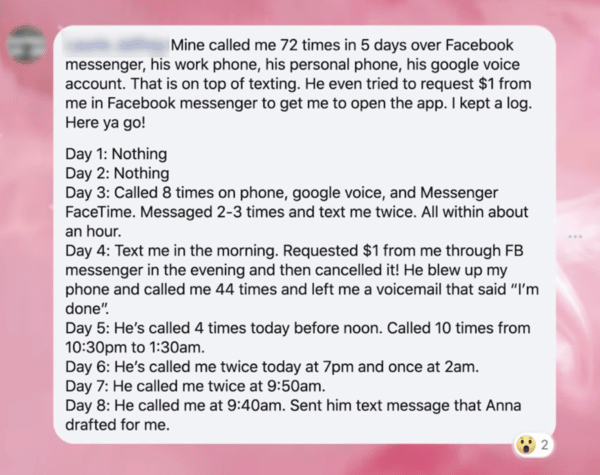

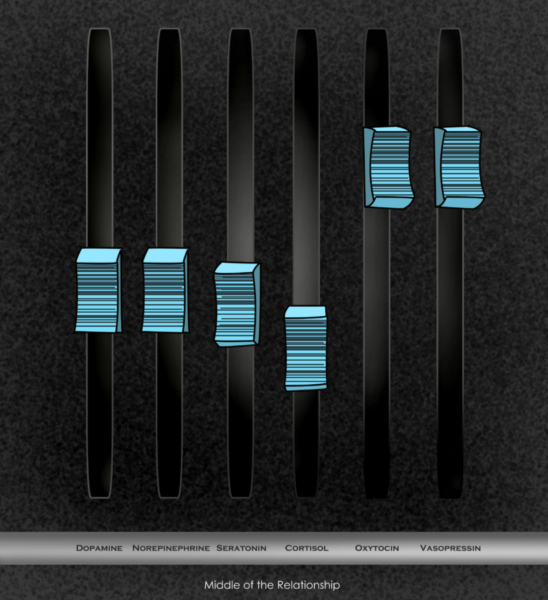
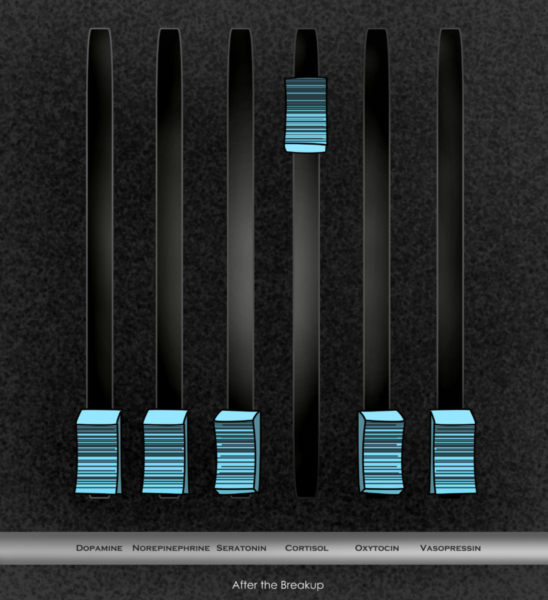
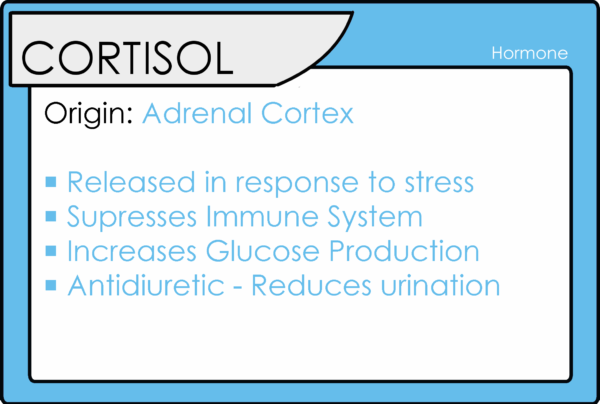
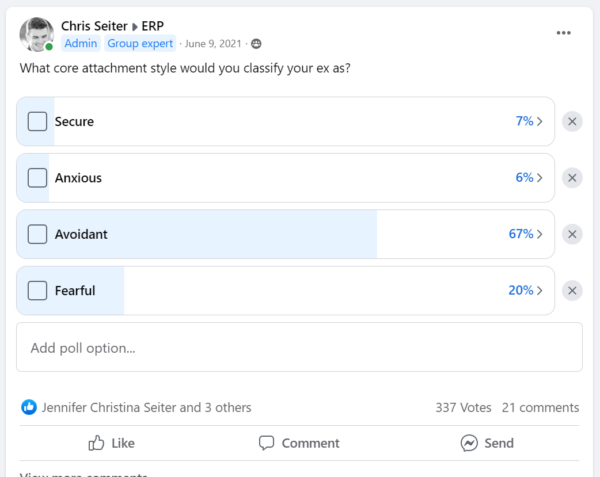
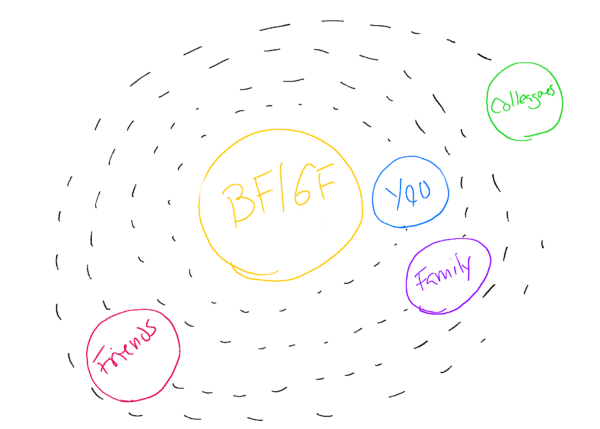
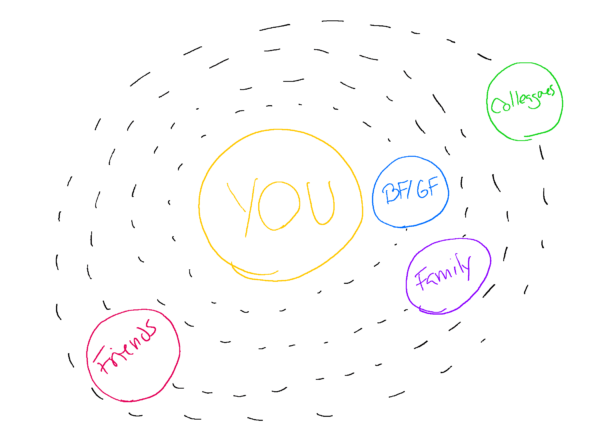

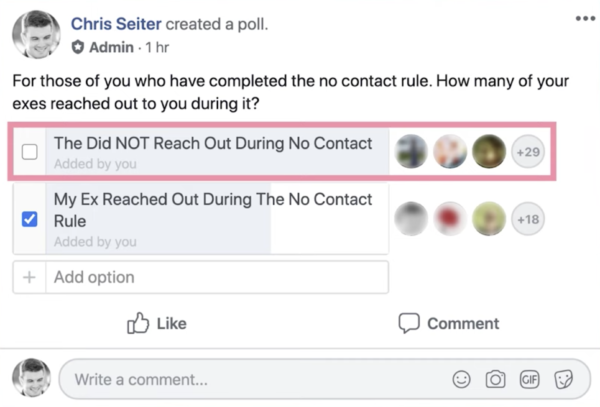
Khanh
November 23, 2024 at 9:51 am
I really find your content helpful for getting over my lovesickness over my ex FWB.